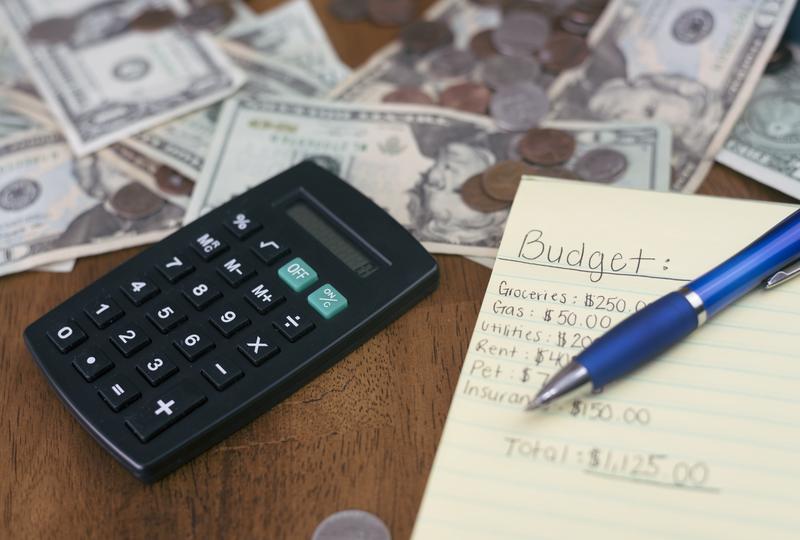When you were in high school, your teacher probably reminded you that the skills you learned would be useful for the rest of your life. Turns out—your teacher was right. Homeownership is a responsibility in which those math skills will prove priceless in many ways. If you don’t consider yourself a math whiz, don’t worry! Make use of a calculator or computer to stay on top of the math you need. Here are a few things homeowners will probably find themselves using math for on a regular basis.
Bills and Budgeting
For the homeowner, one obvious and frequent use of math skills comes in the day-to-day, month-to-month work of paying bills and setting up a budget. Responsible money management usually involves some version of a balance sheet or ledger, so proficiency with addition and subtraction operations can help you get started. You can also use a spreadsheet or a web-based program to track your budget goals electronically.
Planning, prioritizing, and goal-setting involves analyzing income and expenses, so it’s helpful to combine monthly or bi-weekly items into annual numbers for comparison. Here’s where multiplication and division come into play along with the ability to see things on a percentage or fractional basis.
Renovations
Homeowners often plan and pay for home improvements that go beyond regular maintenance. Adding onto a home or renovating the interior can add significant value and livability to a home. At the same time, you need to decide how to pay for the renovations, including using loans, credit cards, or cash to cover the cost of materials, design, and labor.
For those creating their own renovation designs or doing any of the work themselves, there’s a huge application of math skills in the design and construction process. Calculating materials, drafting plans, and building anything will involve geometry skills and usually some algebra and trigonometry. The decision to use loans versus credit cards to finance a renovation takes critical thinking and analyzation skills. It’s also important to calculate the ongoing financial impacts of a renovation on things like utility costs and property taxes.
Furniture and Fixtures
When people consider housing expenses, the mortgage usually comes to mind first. Other large expenses add up quickly, like insurance, property tax, and utilities. It’s also important for the homeowner to consider the “little things” that make a house feel like a home, such as furniture, decor, and landscaping.
Effective comparison shopping for appliances, furniture, and landscaping tools and services will be improved by applying statistical analysis skills. It’s important to get the best products and to be able to analyze whether the optional service plans are worth the financial investment.
Whether it’s business math or geometry, algebra, and statistics, the calculation abilities and critical thinking required for math students will prove valuable later on when those students are homeowners. Everyone can benefit from using basic or more advanced math to help manage their homes.
Related: How to Teach Budgeting Skills to Kids
